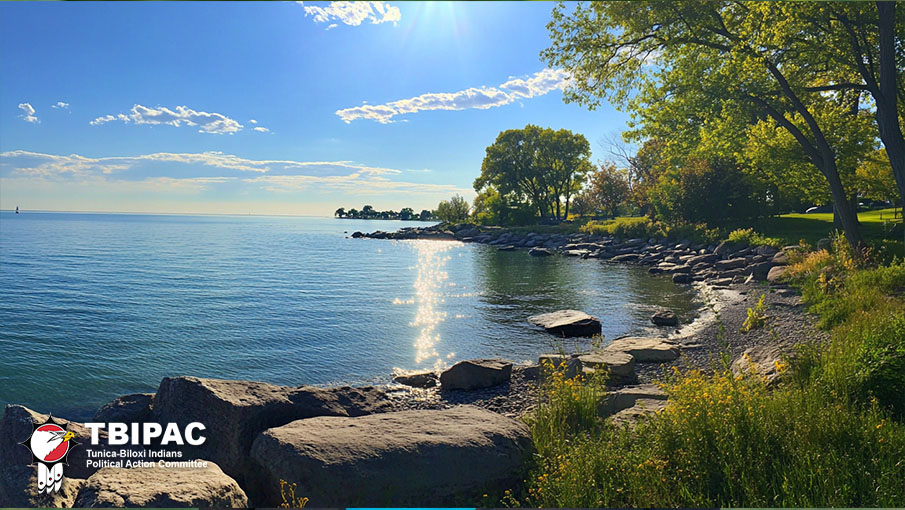A transformative new bill introduced in the New York State Assembly could redefine how the state protects its water. Assembly Bill A05156, sponsored by Assemblymember Patrick Burke, proposes a "Great Lakes and State Waters Bill of Rights" - a legislative framework that would legally recognize the rights of New York’s water ecosystems to exist, flourish, and regenerate, free from pollution, toxic trespass, and exploitation.
If passed, the bill would mark one of the boldest environmental justice efforts in the nation, extending fundamental rights to the Great Lakes and all watersheds across New York State. These rights include:
-
The right to exist and flourish
-
Freedom from toxic trespass, including pollution and hazardous dumping
-
Protection from monetization, such as carbon trading or ecosystem commodification
-
Self-executing legal standing, allowing citizens or the state to take action on behalf of harmed ecosystems
The legislation makes it unlawful for any person, business, or government agency to violate these rights and ensures that no permit or authorization can override them. It even empowers municipalities and counties to adopt and enforce these protections locally, free from state preemption.
Notably, the bill explicitly preserves treaty-reserved rights for Indigenous communities to hunt, fish, and gather, protecting their sovereignty and traditions from potential overreach.
This bill reflects a growing "rights of nature" movement, seen in other parts of the world and increasingly in the U.S., that reimagines environmental law by recognizing ecosystems not just as resources, but as entities with intrinsic rights.
While still early in the legislative process, A05156 signals a serious commitment from New York lawmakers to rethink environmental protection in the face of worsening climate threats and pollution. It could set a precedent for how states address water protection - not just as a regulatory issue, but as a matter of justice and ecological responsibility.








